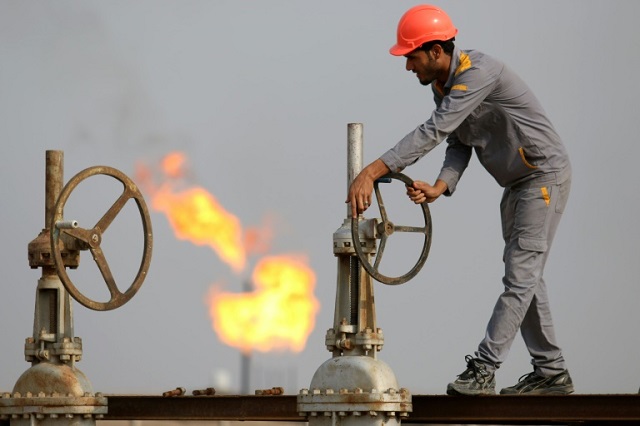
EU aims at reducing natural gas consumption by 30 percent by 2030, with the ultimate goal of reaching climate neutrality by 2050
Nicosia, Cyprus | Xinhua | The European Union (EU) will have to re-examine its commitment to cut the use of fossil fuels by 30 percent and reach a target of producing 40 percent of energy from renewable sources by 2030, Charles Ellinas, an energy expert with a long international experience in hydrocarbons, said.
Ellinas, with over 35 years in senior management positions in the oil and gas sector behind him, told Xinhua in an interview that the EU’s energy planning also discourages energy companies from investing in the development of new energy sources at a time when it seeks ways to replace Russian natural gas.
The EU aims at reducing natural gas consumption by 30 percent by 2030, with the ultimate goal of reaching climate neutrality by 2050. In mid-December, it also reaffirmed its commitment to replace 40 percent of the energy generated from fossil fuels with green energy in just seven years.
Ellinas said that all things considered, the EU plans on energy will prove “unrealistic,” as several of its member states already say that they could not reach the 40 percent strategic target.
One of the reasons that make this 40 percent target unattainable is climate change, which has led to a drop in the velocity of winds, on which northern Europe mainly depends to produce green energy, he said.
He added that drought has led to lower quantities of water available for the effective operation of hydroelectric plants.
“The EU needs to accept that natural gas has a significant role to play beyond 2030 and encourage European utilities to enter into long-term gas purchase contracts,” Ellinas said.
He said that energy companies are facing problems as a result of the apparent contradiction between seeking new sources and trying to promote the green transition in such a short time.
He recalled that in October, the EU’s gas consumption was 25 percent lower than a year earlier, and that the EU’s energy policies discourage investments in new oil and gas fields, including in the Eastern Mediterranean.
“The international oil companies have said that they need long-term contracts to back up new projects, but the current European Union targets, which create technical barriers, make them reluctant to proceed with large investments, which are required to develop new energy sources,” Ellinas said.
He said that this is also an obstacle to the prospect of setting up an energy hub in the Eastern Mediterranean either by Cyprus or by Israel, two countries that aspire to become energy providers to Europe after the disruption of Russian gas supplies.
Ellinas said that the Eastern Mediterranean is prolific in natural gas, with large quantities waiting to be discovered. But he pointed out that exploration for this wealth is discouraged by the insistence of the EU on a short time limit for doing away with natural gas.
 The Independent Uganda: You get the Truth we Pay the Price
The Independent Uganda: You get the Truth we Pay the Price



